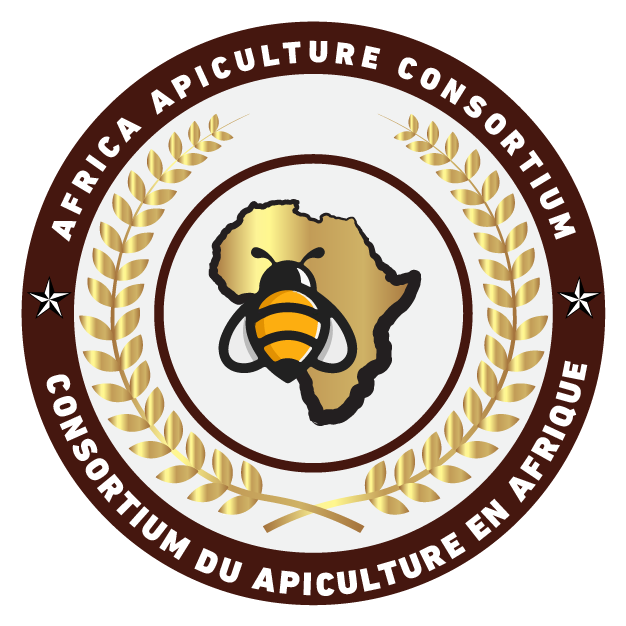Gender-Responsive Agriculture Adaptation: Parametric Insurance and Smart Finance Integration in Burundi
The Project
Building Resilience and Inclusivity in Burundi’s Agriculture
About the Project
Burundi faces significant challenges in climate change adaptation, particularly within its agricultural sector. Climate change exacerbates these issues with unpredictable rainfall patterns, increased storm intensity, and more frequent pest and disease outbreaks, further threatening agricultural productivity and food security. Despite various training initiatives, there remains a pervasive lack of deep understanding of climate-resilient agricultural methods and technologies. Women, in particular, face significant barriers to accessing these resources due to gender disparities and cultural factors. Additionally, rural finance systems inadequately support smallholder farmers, especially women, limiting their capacity to adopt sustainable practices and invest in climate-resilient livelihoods. Addressing these challenges requires comprehensive strategies focused on enhancing community capacity for sustainable agriculture, promoting traditional farming practices that support ecosystem sustainability, and improving access to rural finance.
Driving Sustainable Change
Project Objectives
Identifying and Addressing Gaps
Our project focuses on identifying and addressing specific gaps in gender assessments, environmental and social safeguards, and risk assessments. By understanding and mitigating these gaps, we aim to create a more inclusive and sustainable agricultural framework.
Empowering Through Robust Proposals
We are dedicated to empowering Burundi to develop a comprehensive and robust proposal for the Adaptation Fund. This proposal will outline strategies for integrating climate-smart agriculture practices and securing the necessary funding to implement these initiatives effectively.
Promoting Gender-Responsive CSA Practices
In direct response to Burundi’s need, our project emphasizes the exploration and adoption of climate-smart agriculture (CSA) practices that are gender-responsive. This approach ensures that both men and women benefit equally from sustainable agricultural advancements.
Eliminating Adoption Barriers
We aim to remove barriers that hinder the adoption of modern agricultural solutions and adaptive strategies. By addressing these obstacles, we enable farmers to embrace innovative practices that enhance resilience and productivity.
Actions for Impactful Outcomes
Project Activities
The inception phase includes an Inception Workshop to launch the project, stakeholder analysis, and a desktop review to gather relevant data and insights.
Activity 1222.1: Project Inception: Laying the Foundation
The inception phase includes an Inception Workshop to launch the project, stakeholder analysis, and a desktop review to gather relevant data and insights.
Activity 1222.2a: Gender-Responsive Stakeholder Consultation: Inclusive Engagement
Conducting interviews and focus group discussions with diverse stakeholders, particularly women and marginalized communities, to gather valuable insights.
Activity 1222.2b: Gender-Based Analysis: Addressing Gender-Specific Needs
Assessing the unique challenges faced by women in agriculture to tailor interventions that promote gender equality and empower women farmers.
Activity 1222.2c: Environmental and Social Safeguards Assessment: Ensuring Sustainability
Evaluating potential environmental and social impacts of the project to establish safeguards and promote sustainable practices.
Activity 1222.2d: Environmental and Social Management Risk Assessment: Managing Risks
Identifying and managing environmental and social risks to ensure the project’s success and sustainability.
Activity 1222.2e: Technology Needs Assessment: Enhancing Productivity
Assessing the technological needs of Burundian farmers to identify appropriate solutions for sustainable farming practices.
Activity 1222.3: Capacity Building and Proposal Verification Stakeholder Write-Shop: Building Capacity
Engaging stakeholders in capacity-building workshops and verifying project proposals to ensure alignment with community needs and objectives.

